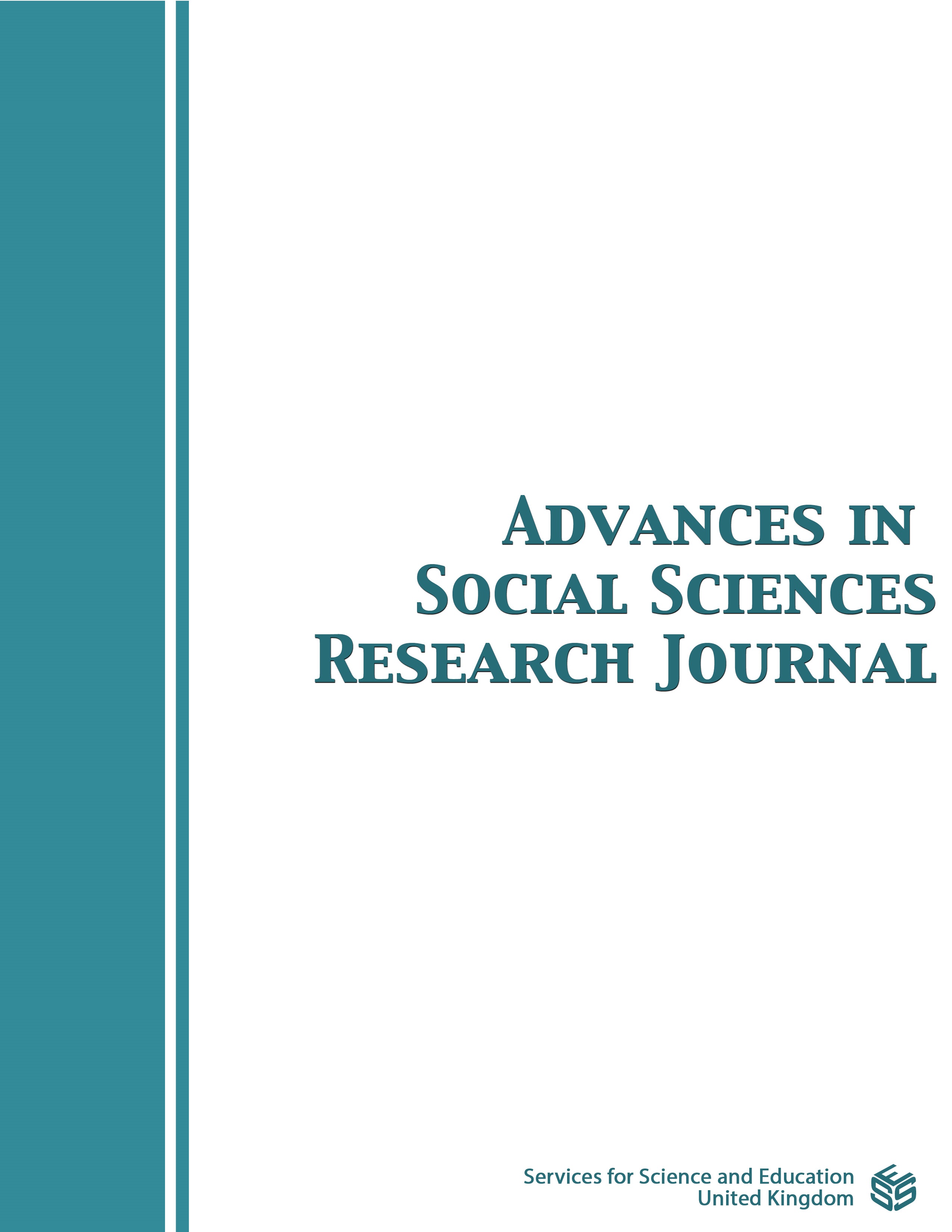Networking and Collaboration as an Influencer on Sustainability of Public Borehole Water Projects in Kitui County-Kenya
DOI:
https://doi.org/10.14738/assrj.93.10884Keywords:
Exchange programe, Technical assistance, Group learning, Networked learning, Sustainability, Networking and Collaboration.Abstract
The study focuses on networking and collaboration on sustainability of public boreholes water projects. The following was the objective; to assess the extent to which learning from networking and collaboration influences the sustainability of public borehole water projects in Kitui County-Kenya. The study tested the null hypothesis to establish whether the association among the study variable was significant. The target population was 366234 project beneficiaries, 396 chairpersons and 8 undertakers. A sample was drawn from this population using a formula adding to 383 project beneficiaries, 167 chairpersons and 8 undertakers. With R2=0.267, r=0.811, F(2,506) =30.41 at p=0.000, the hypothesis that there is no significant relationship between capacity building initiatives and sustainability of public borehole water projects in Kitui County-Kenya is therefore rejected. The findings from the study are expected to create a strong basis for enhancing future public borehole water project planning, designing, implementation, and management and also provided vital information for national government, county government, NGO’s, project managers, local communities and project implementers which was useful for initiating sustainable projects.
Downloads
Published
How to Cite
Issue
Section
License
Copyright (c) 2022 onesmus musau, Raphael Ondeko Nyonje, Angeline Mulwa

This work is licensed under a Creative Commons Attribution 4.0 International License.
Authors wishing to include figures, tables, or text passages that have already been published elsewhere are required to obtain permission from the copyright owner(s) for both the print and online format and to include evidence that such permission has been granted when submitting their papers. Any material received without such evidence will be assumed to originate from the authors.






